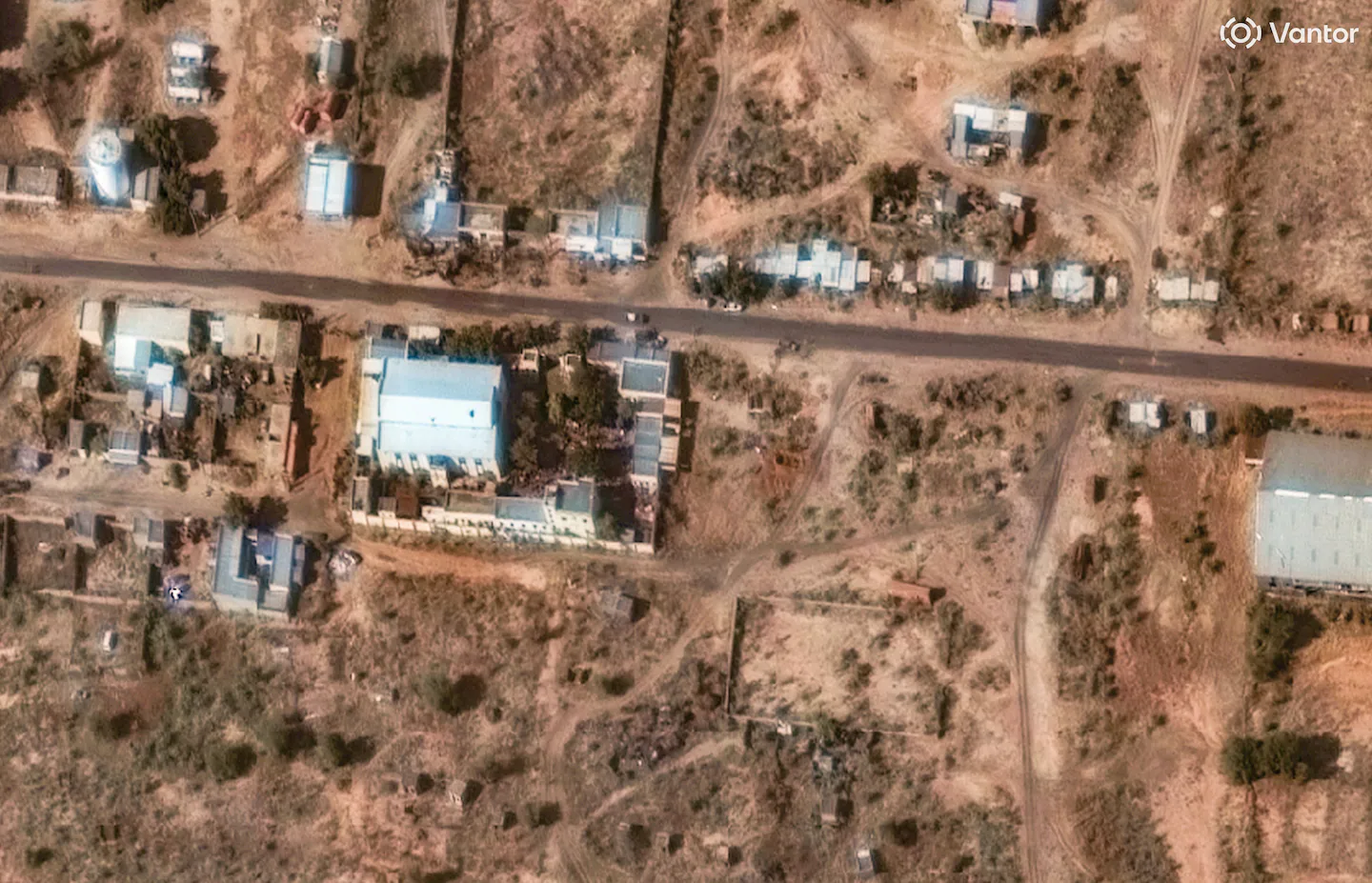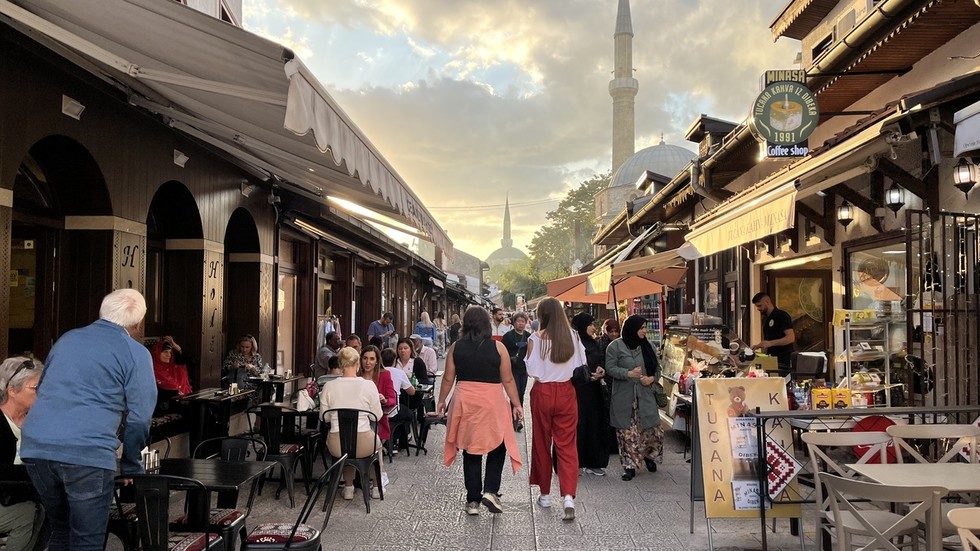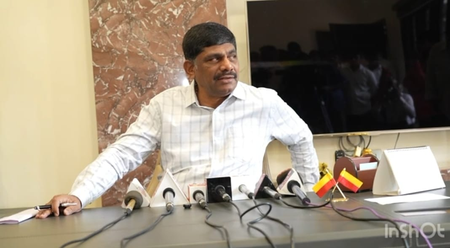Copyright The Boston Globe

And what if a genocide like the ones in Rwanda or in Srebrenica were to happen today? Would the global response be any different? There has been much discussion of Gaza. But almost no one is talking about what is happening now in Sudan. And the answer there is: Not one bit. In 2023, a military faction known as the Rapid Support Forces broke away from the military regime ruling Sudan, launching a civil war against the Sudanese Armed Forces. Darfur, a region in western Sudan, soon became a key theater. There, the RSF essentially resuscitated a mid-2000s campaign in which Arab Sudanese militias targeted non-Arab Darfuris — an episode that the United States government deemed genocide. Last month, the RSF seized control of El Fasher, the regional capital. Videos available on social media show summary executions and soldiers shooting residents in flight. Satellite images show unburied corpses, destroyed hospitals, and pools of blood at what were presumably execution points. Despite the searing experiences of genocides in the past, whatever lessons might have been learned from Rwanda and Srebrenica seem not to have stuck. For one, in the name of better early warning systems for emerging prospects of genocide and other mass atrocities, the United Nations created a dedicated Special Adviser’s Office. Governments around the world — including the United States — invested in gathering and streamlining intelligence about such threats. But collecting intelligence is of no use if no one acts on it. The UN’s Genocide Prevention office (and the Secretary General it informed) have repeatedly warned the UN Security Council about such threats, but politics blocked any meaningful responses. Yale University’s Humanitarian Research Lab — initially at the behest of the US State Department — issued precise, evidence-based warnings in monthly assessments for more than two years. Across two presidential administrations, the US government has done little more than issue statements urging restraint. Public awareness is faring just as poorly. Perhaps some thought after Rwanda and Srebrenica that if the public in Western democracies had known exactly what was going on when it was going on, there would be outcry and a demand that their governments take action in the name of genocide suppression and civilian protection. Yet the news from Sudan has barely registered in the United States. As estimates have emerged that at least 500 people are being slaughtered each day, coverage has been buried beneath other stories like the Caribbean hurricane, elections across the United States, violations of the Gaza cease-fire, and the Louvre jewel heist. Compelling stories, all, but an unfolding, fast-moving genocide surely belongs among them. Another lesson from the 1990s was that public pressure was needed to push government policy. A student-initiated, United States-based, global civil-society movement did emerge in the mid-2000s in response to emerging reports of atrocities in — of all places — Darfur, Sudan. The activists behind Students Taking Action Now in Darfur and Save Darfur are older now; officials who listened to them may well be retired. The focus of student activism over the past two years has been Israel’s war in Gaza, where the genocidal element of Israel’s campaign is most clear in the imposition of a stranglehold on humanitarian aid — an important cause, but one that has left little energy for Sudan. With the lessons from Rwanda and Srebrenica forgotten, there is no playbook for what comes next. Although the killing has already started, international forces must work together to stop the killing of non-Arab Darfuris, which could otherwise go on for months. A well-supported African Union-led protection force to help evacuations and provide emergency relief would be an obvious start. The global community must create a path by which the authors of the genocide (the RSF leadership), the executioners (RSF foot soldiers), and their enablers (including the UAE, which has helped bankroll and supply the RSF with weapons) are held accountable. The projected caseload may be more than the International Criminal Court has capacity to handle, so it may be time for a new ad hoc tribunal along the lines of the one the Security Council created for the former Yugoslavia and Rwanda. Finally, negotiators seeking a durable solution to the Sudanese civil war must avoid a blueprint that rewards the RSF for its transgressions. A de facto division of Sudan into spheres of RSF and Sudanese Armed Forces control, both with resource rights to satisfy their respective sponsors but nothing for Sudan’s democratic opposition or victimized civilian groups, is otherwise all too likely. Sure, in the coming years there will be white papers and policy reviews. Perhaps new agencies, doctrines, and procedures will create a possibility of doing better next time — or of preventing the next “next time” from happening in the first place. Just don’t expect these to endure longer than a generation.



